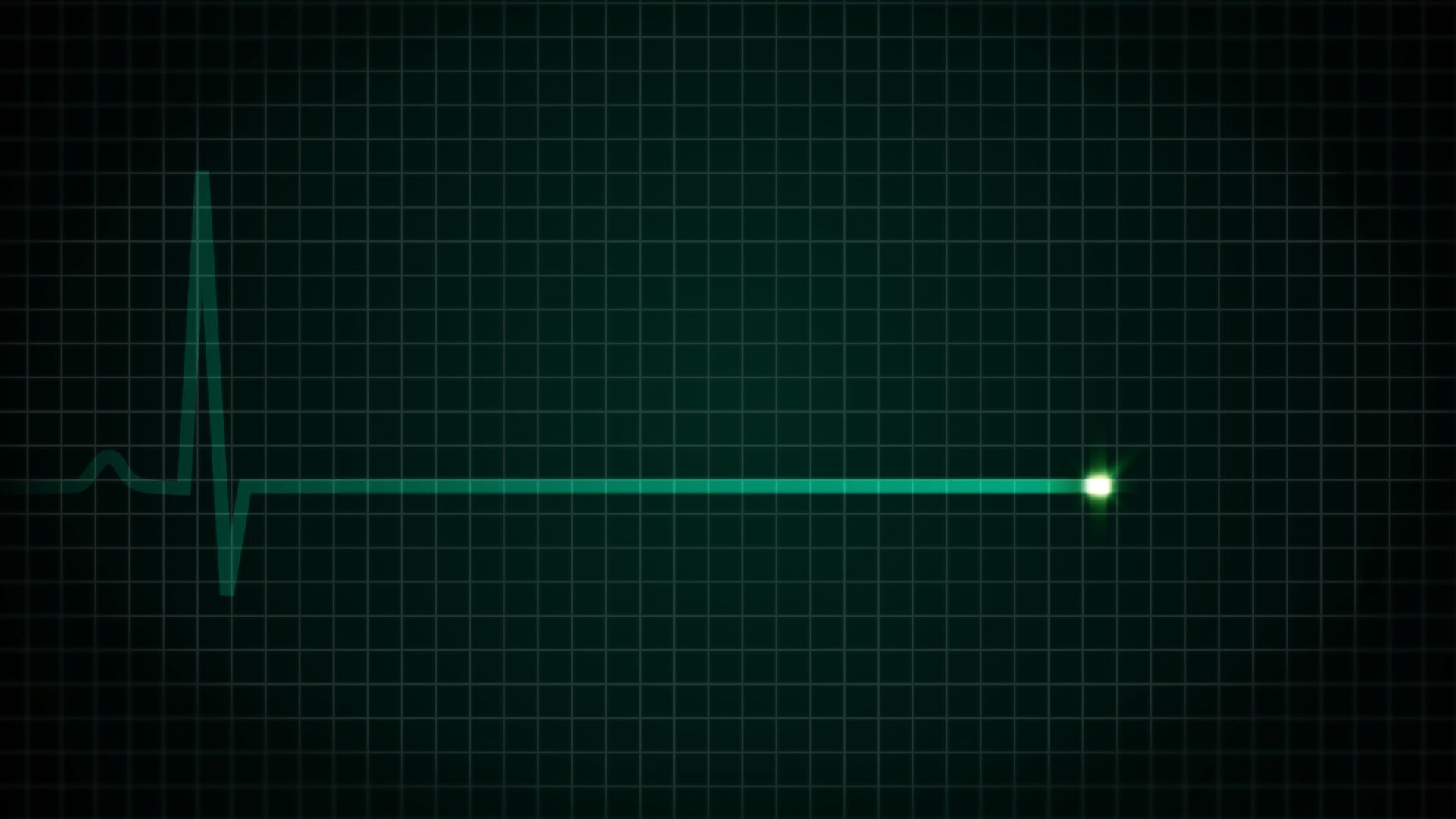Asthma
Contents
Asthma Pronunciation: Asth-ma (ˈaz-mə)
Definition: Asthma is a chronic (long-term) condition that affects the airways in the lungs, which can cause episodes of wheezing, breathlessness, chest tightness, and coughing.
What is Asthma?
Overview
Asthma is a chronic disease that affects your airways, which are the tubes that carry air in and out of your lungs. If you have asthma, the inside walls of your airways are inflamed (swollen). This inflammation makes your airways sensitive, causing them to react strongly to certain inhaled substances.
Key Facts About Asthma:
- Asthma is a condition in which a person’s airways become inflamed, narrow and swell, and produce extra mucus, which makes it difficult to breathe.
- Asthma symptoms vary from person to person. You may have infrequent asthma attacks, have symptoms only at certain times — such as when exercising — or have symptoms all the time.
- Asthma is a common long-term condition that can be effectively managed with appropriate treatment.
- Although asthma cannot be cured, for most people asthma can be controlled so that they have minimal and infrequent symptoms.
In severe cases, asthma can be life-threatening.
Understanding Asthma
Asthma is a common lung condition that causes occasional breathing difficulties. It affects people of all ages and often starts in childhood, although it can also appear for the first time in adults.
There’s currently no cure for asthma, but there are simple treatments that can help control the symptoms so you can live a normal, active life.
What Causes Asthma?
The exact cause of asthma is unknown. People with asthma have sensitive airways in their lungs. When exposed to certain triggers their airways narrow, making it harder for air to flow in and out. This can cause wheezing, coughing, chest tightness and breathlessness.
What are the symptoms of Asthma?
Asthma symptoms include:
- Shortness of breath
- Chest tightness or pain
- Trouble sleeping caused by shortness of breath, coughing or wheezing
- A whistling or wheezing sound when exhaling (wheezing is a common sign of asthma in children)
- Coughing or wheezing attacks that are worsened by a respiratory virus, such as a cold or the flu
How to prevent Asthma attacks
While there’s no way to prevent asthma, by working together, you and your doctor can design a step-by-step plan for living with your condition and preventing asthma attacks.
How is Asthma treated?
While there’s no cure for asthma, there are ways to manage your symptoms. Your doctor can create a personal asthma action plan, which details your daily treatment, such as what kind of medicines to take and when to take them.
References:
- Centers for Disease Control and Prevention. (n.d.). Asthma. Retrieved May 27, 2023, from https://www.cdc.gov/asthma/default.htm
- National Heart, Lung, and Blood Institute. (n.d.). Asthma. Retrieved May 27, 2023, from https://www.nhlbi.nih.gov/health/asthma
- World Health Organization. (n.d.). Asthma. Retrieved May 27, 2023, from https://www.who.int/news-room/fact-sheets/detail/asthma
More Articles





